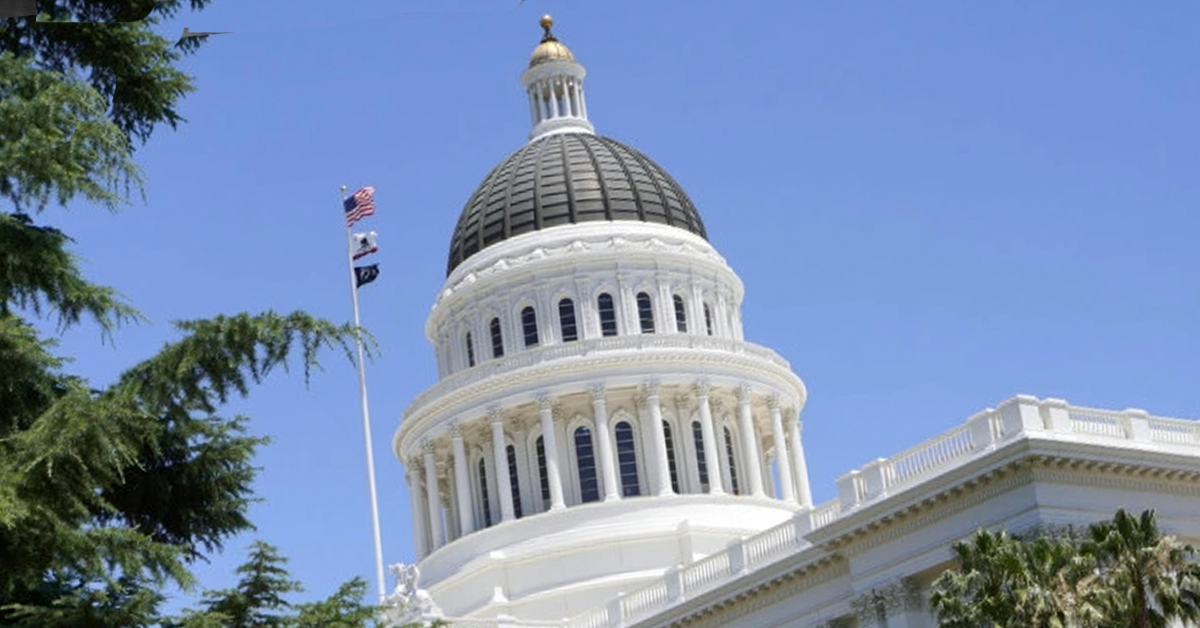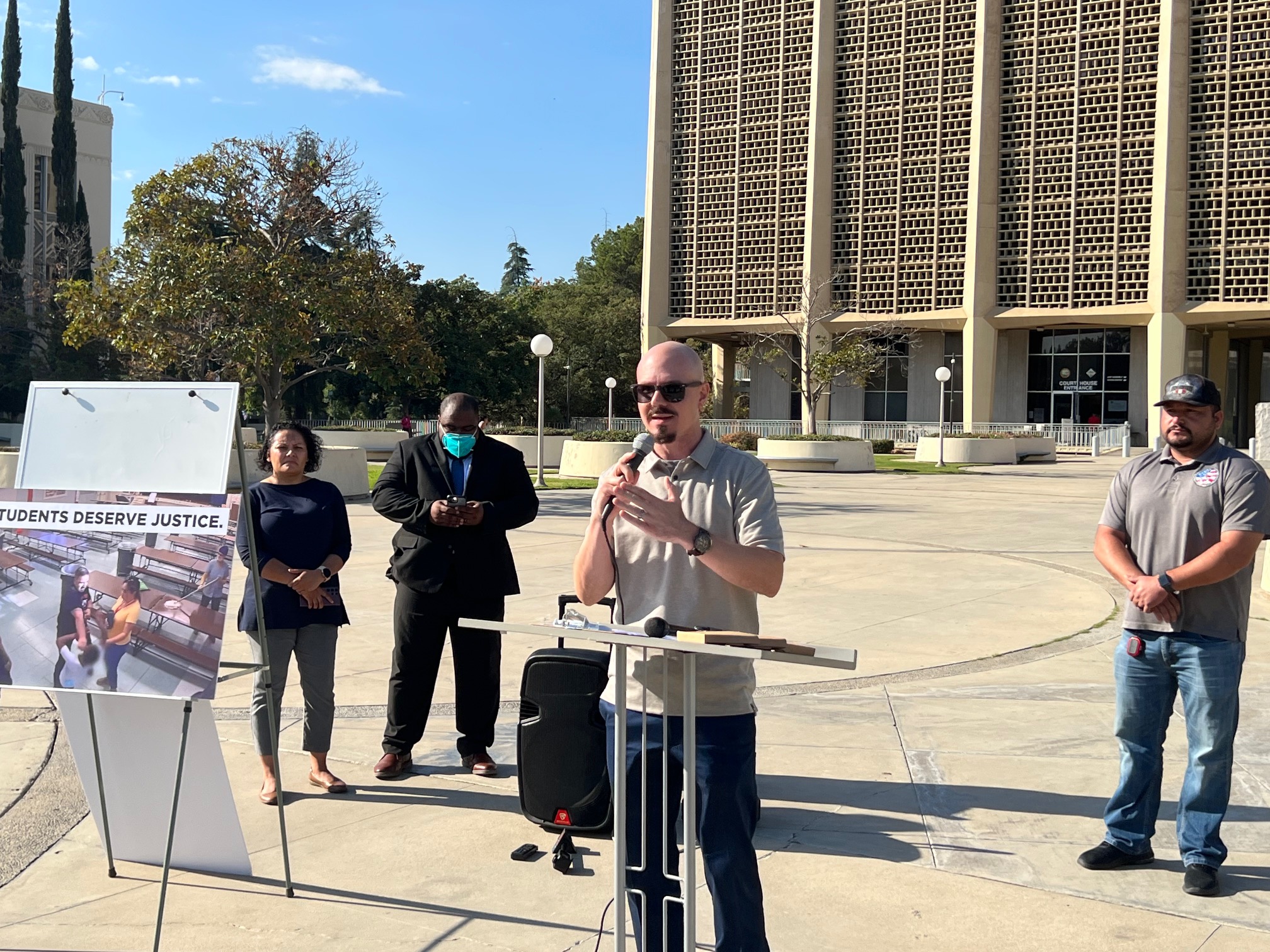Fresno City Council established a grant program to financially assist individuals who applied for commercial cannabis business permits.
The money will only be granted to a select few individuals on a case-by-case basis who are deemed “social equity applicants.”
Social equity applicants must qualify for the equity assistance program by meeting certain criteria established in the Fresno Municipal Code.
For example, if an applicant comes from a low income household and either has a past conviction for a marijuana crime or has an immediate family member who had been convicted for a marijuana crime, that person would be eligible.
Another applicant who would be eligible would be someone from a low income household in a community that is disproportionately vulnerable to pollution, as determined by the California Office of Environmental Health Hazard Assessment.
The full criteria for a social equity applicant can be viewed in section 9-3316(b) of the Fresno Municipal Code.
The city manager’s office will disperse the funds to social equity applicants for any of the following uses:
- Workforce development
- Access to affordable commercial real estate
- Access to investment financing
- Access to legal services and business administration
Fresno City Council passed the resolution with a 5-2 votes, with Garry Bredefeld and Mike Karbassi providing the opposition.
“I don’t support these kinds of programs,” Bredefeld said. “I think in some sense they discriminate against other people who don’t have convictions who’ve never been arrested, never had a problem, and yet taxpayers are going to be funding the ability to get legal services to purchase commercial real estate. I just don’t see how that’s a fair thing to do and why the taxpayers should be funding this anyway.”
Newly-minted councilman Tyler Maxwell said that this program is not a perfect solution to help those who have been negatively impacted by marijuana laws, but he considers it a step in the right direction.
“I think equity programs like this are great at righting the historic wrongs in our community, whether typically the harsh marijuana laws have affected or impacted communities, whether those are people living in communities of concentrated poverty or communities of color,” Maxwell said.
Karbassi agreed with Maxwell and the majority bloc of the council in that certain wrongs need to be righted, but the lack of a requirement for applicants to have previous business experience was behind his decision to vote against the proposal.
“We do have ills of the past, and I think we all, especially the younger generation, feel pressure to right those wrongs,” Karbassi said. “But I think just for me coming from a business background, it’s really important that we don’t create new problems because we’re trying to stop old ones, and I am concerned about the viability of some of these businesses lacking that experience.”









